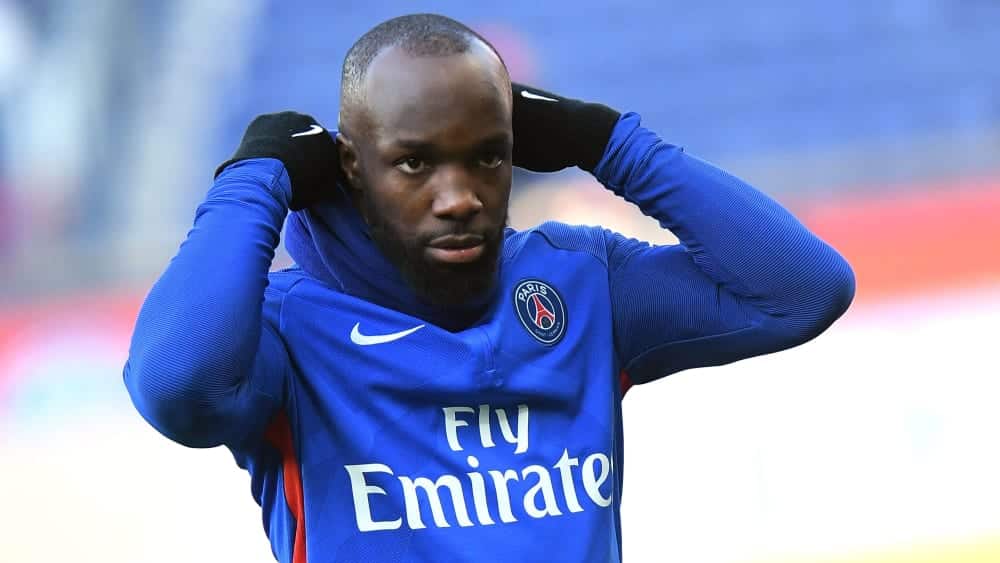The European Court of Justice has ruled that certain FIFA transfer regulations violate EU law. It is unclear how extensive the consequences will be.
The ruling that the European Court of Justice (ECJ) was due to hand down this Friday was eagerly awaited. And indeed, FIFA has suffered a defeat in the dispute over its transfer rules. As the ECJ ruled, certain provisions violate EU law. According to the judgment, the freedom of movement of players and competition between clubs, as guaranteed by the ECJ, are restricted by the FIFA rules with which the ECJ was concerned.
The legal dispute goes back to a ten-year-old incident. Former professional footballer Lassana Diarra, who played for Chelsea, Arsenal, Real Madrid, Marseille and Paris Saint-Germain, among others, fell out with his then coach at Lokomotiv Moscow, Leonid Kuchuk, and left the Russian capital club on his own initiative despite an ongoing four-year contract. On May 18, 2015, the FIFA Dispute Resolution Chamber sanctioned this by imposing a heavy fine of ten million euros on Lokomotiv following a complaint. The International Court of Arbitration for Sport (CAS) upheld FIFA’s decision.
According to the ECJ, the rules expose players and clubs to numerous risks
The football associations then announced that each club would have to contribute to the ten-million-euro fine if they offered Diarra a new sporting home. As a result, a move to the Belgian first division club RSC Charleroi fell through at the time. Diarra sued FIFA and the Belgian Football Association for damages and lost earnings amounting to six million euros. The court awarded Diarra a payment of €60,001 and turned to the ECJ in the second instance.
The judges have now ruled that FIFA’s rules go too far. They “place significant legal, unforeseeable and potentially very large financial and pronounced sporting risks on these players and the clubs that wish to hire them, which, taken together, are likely to hinder the international transfer of these players,” the court said in a press release.
Will it be easier for players to change clubs in the future despite existing contracts?
Some rules could be justified by the fact that they ensure a certain degree of stability in the teams. However, the judges said that the rules seem to go beyond that. The Belgian court must now decide on the specific case, taking into account the ECJ’s guidelines. How things progress from there depends on how the associations implement the ruling.
Prior to the ruling, there had been speculation that players would be able to change clubs more easily in the future despite existing contracts and that top players could become even more expensive if FIFA were to suffer a defeat. Jean-Marc Bosman had brought down the transfer system in the 1990s with a lawsuit. Since then, transfers without transfer fees at the end of a contract have been the rule.
FIFA feels vindicated – Fifpro welcomes ECJ ruling
However, FIFA does not see the ruling from Friday as having far-reaching consequences for professional football. They are “convinced that today’s ruling has once again confirmed the legality of the most important principles of the transfer system,” the world governing body said. Only two paragraphs of two articles of the FIFA regulations were called into question. The players’ union Fifpro, on the other hand, welcomed the ECJ ruling and is certain that it will “change the professional football landscape”.

